
Hello, my name is Scott Ichikawa. I am a UX Design Director and HCI+Design Associate Teaching Professor at the University of Washington with over 20 years of professional experience making unique and thoughtful products & services. I am passionate about building collaborative purpose-led teams of designers (UX+visual+ID), strategists, researchers, and software engineers through all phases of the design process.
My curiosity for understanding complex systems has led me to work in a variety of industries and collaborate/partner with a broad range of clients. Learn more about me and some of my collaborations below.
At a young age, I was inspired to find my own unique creative voice after working with my father, a landscape architect, as he transformed rough and barren landscapes into beautiful Japanese gardens. My curiosity in understanding human behavior and creating new things, combined with my love/hate relationship with technology, led me into the field of UX design.
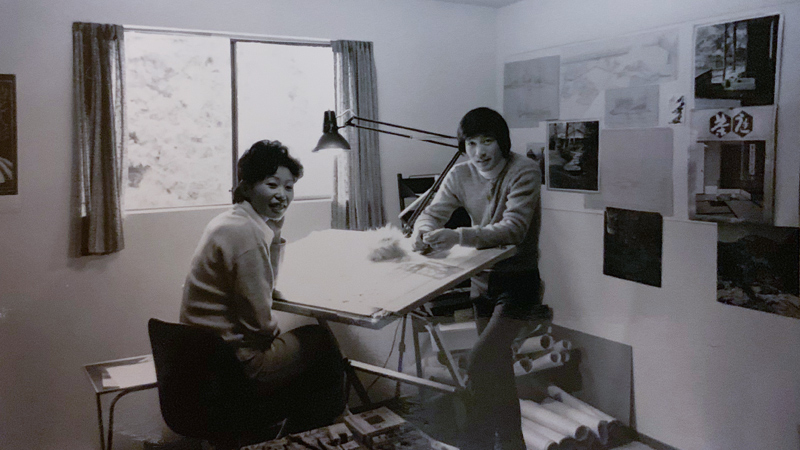
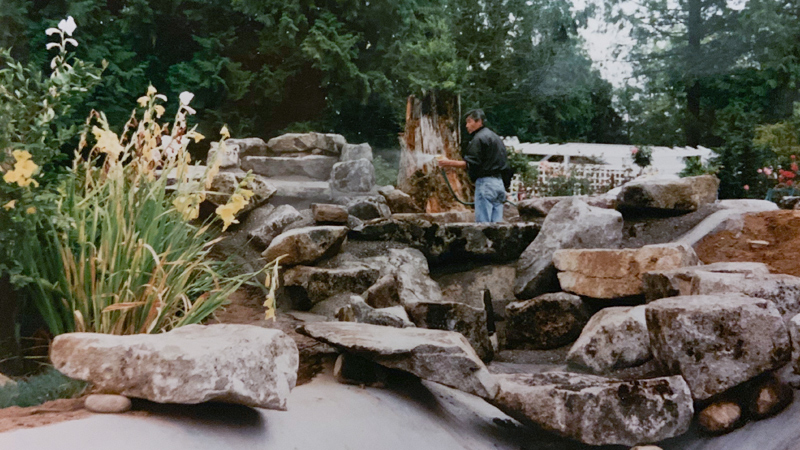
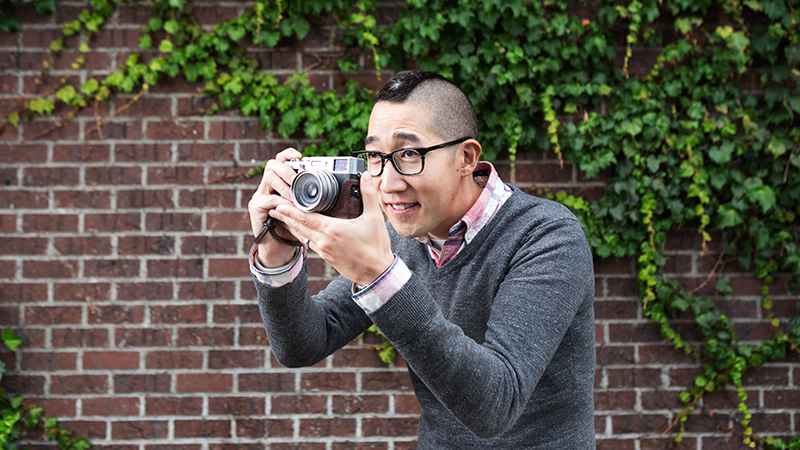
Over the years I have had the opportunity to work on a variety of products and services – including mapping and prototyping future Internet of Things scenarios, defining the UI/UX for medical robotics technology, building core experiences and UX standards for AR/VR and designing applications for both patients and medical providers that foster better health outcomes.
Read more about me.
I led a team of UX, visual/motion, industrial design, and coordinated a collaborative approach with the internal design, engineering, and medical team at a medical robotics company to create a new robotic lung biopsy medical procedure and UI that dramatically improves early detection of lung cancer.
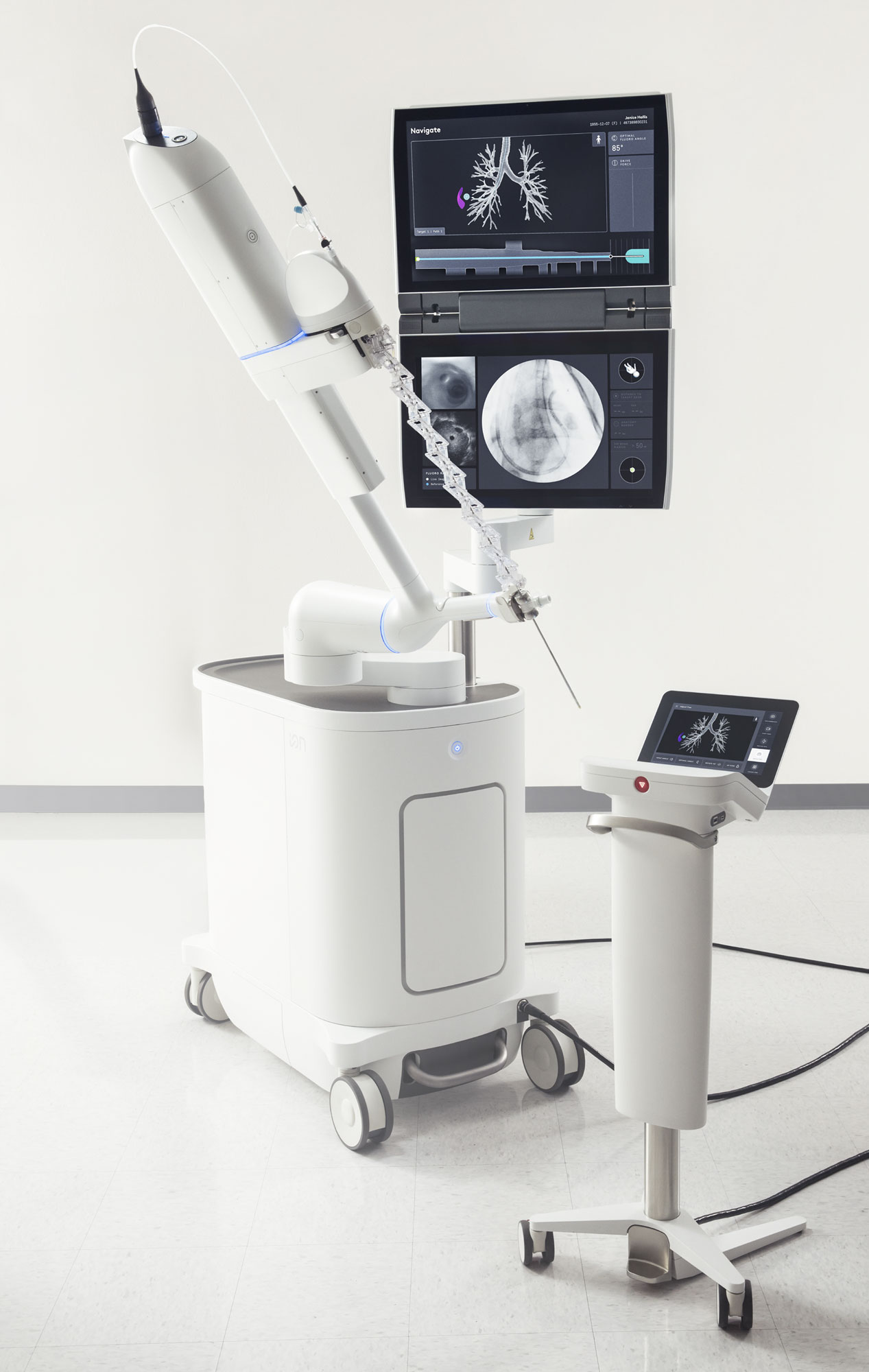
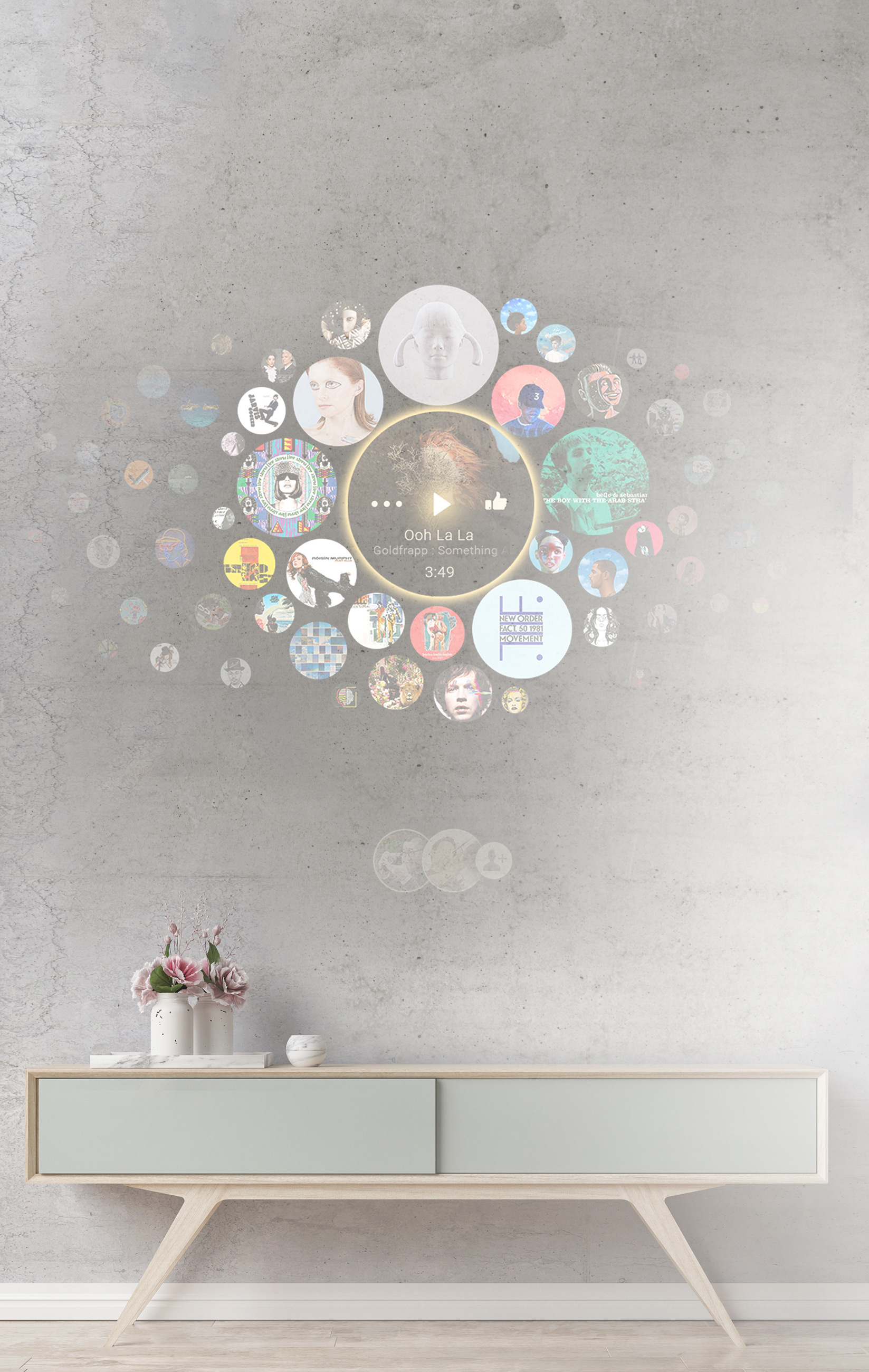
Throughout my career, I have had the opportunity to work on a variety of emerging tech products to help define, design, and develop potential future visions for why and how people interact, and experience augmented reality. I helped design some of the core Magic Leap applications as well as build their interaction guidelines. I have also worked on numerous projected AR projects focused on fostering social connections.
Contact me to learn more.
During my time at UW, I focused a year on understanding how students connected with the world through their news consumption. I defined key opportunity areas as well as a broad range of design interventions that I created and tested with students at the University of Washington.
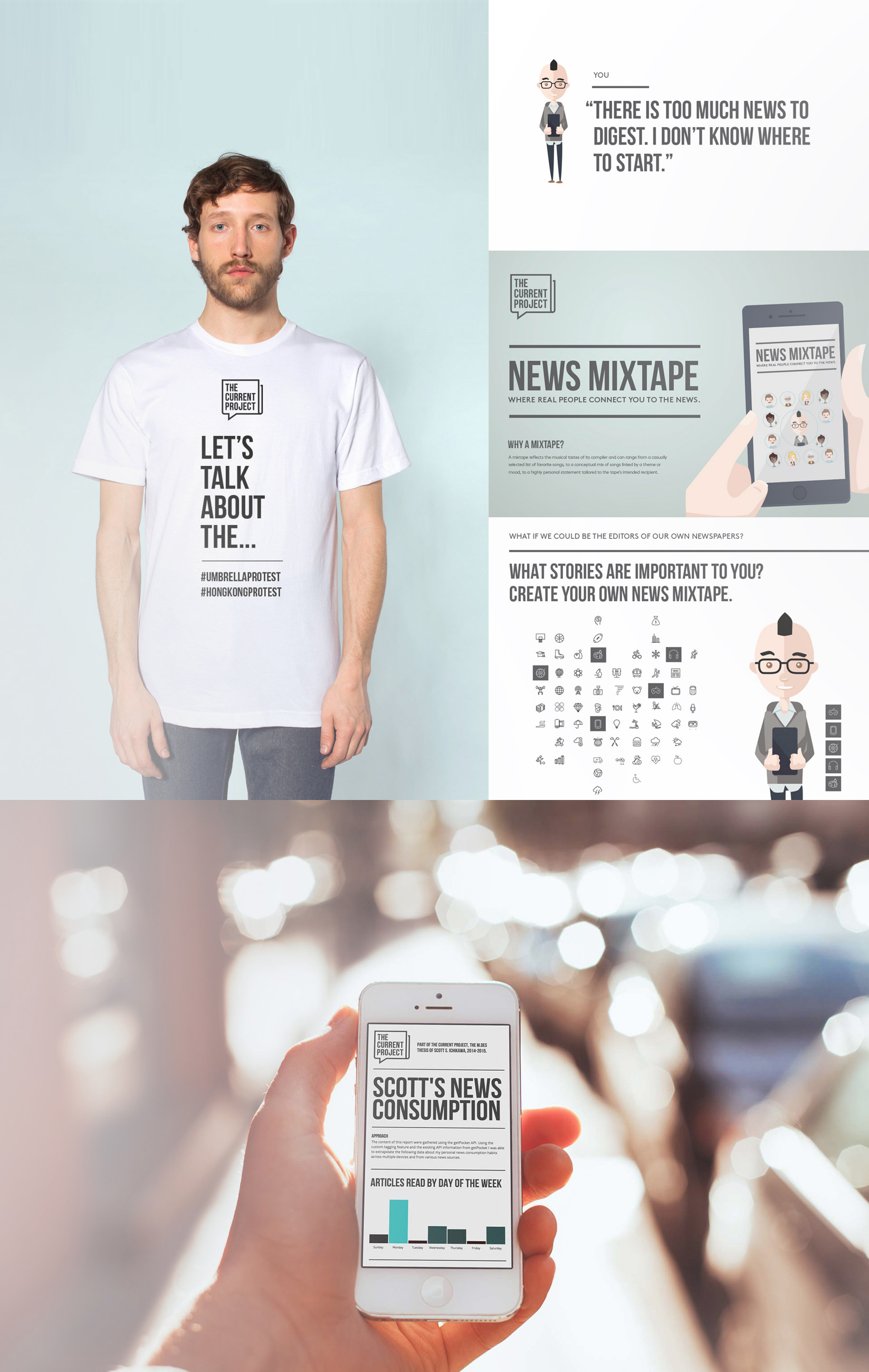
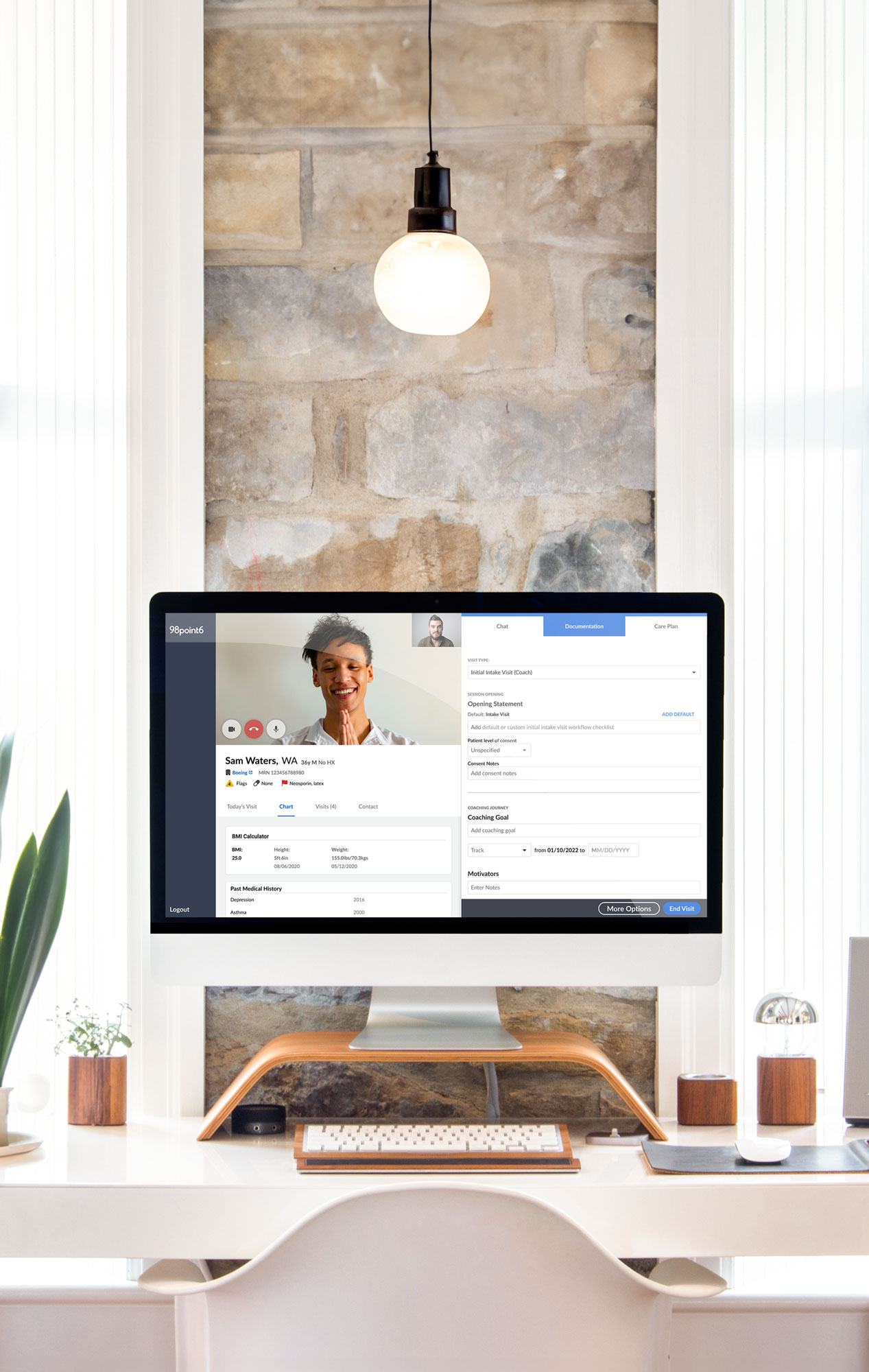
98point6 was expanding their behavioral health care offering with a new Therapist and Coaching experience. I collaborated with Therapists, Coaches, PMs, Engineers, and our Design Team to design and deliver their provider console.
Contact me to learn more about this project.
When Google’s Kirkland campus was set to expand dramatically, they needed a new wayfinding scheme for Googlers and visitors. They wanted a design approach that was innovative in a way that reflected the company’s values and attitude.
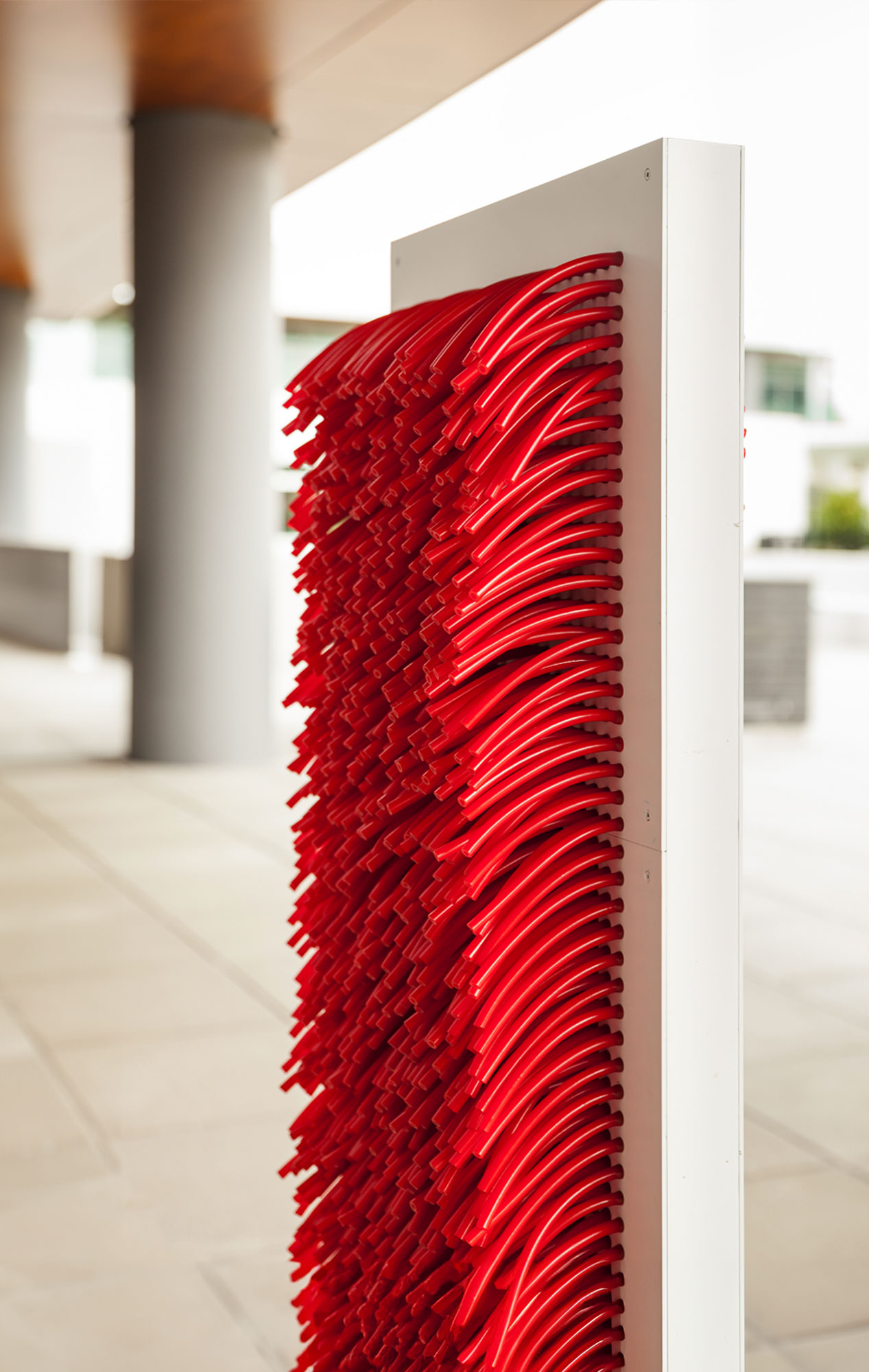
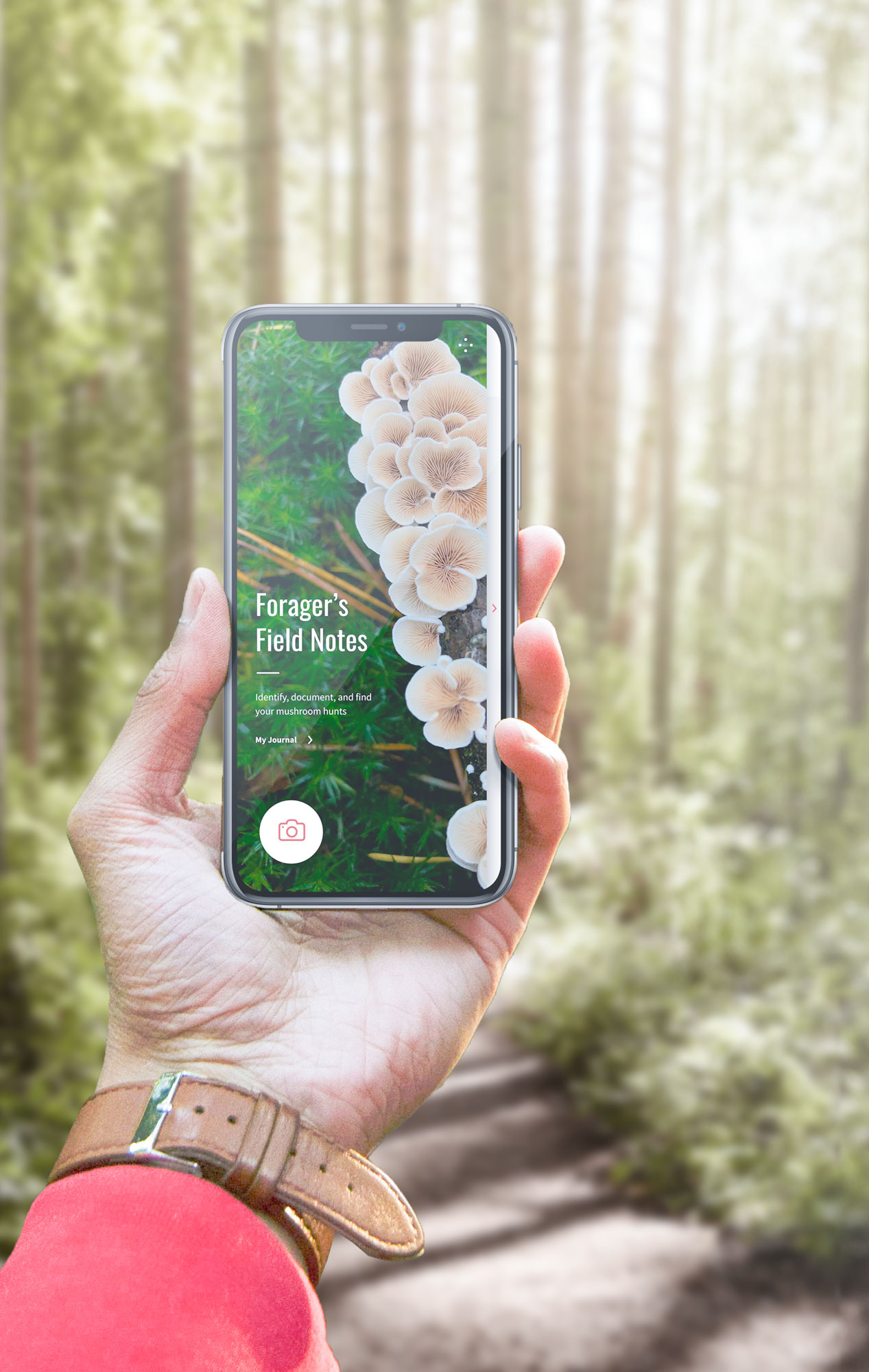
Growing up in the pacific northwest in a Japanese family led to some unusual hobbies. As a child, I remember wandering the PNW Cascades’ wilderness searching for the elusive Matsutake mushroom. In recent years, my family's secret foraging locations were leased, logged, and made restricted land. Like many of my fellow foragers, I have been searching the PNW for new foraging locations to create new family traditions.
Design and HCI have been focusing more and more on user needs as the central focus of our work. I find myself wondering, what happens when the wants or desires of individual people do not align with the needs of our diverse communities?
I believe that the future of design requires us to think beyond the individual. We need to thoughtfully and inclusively make sure that our products consider the diverse and intermingled cultures, values, and desires of today’s societies. We need to consider the long-term and social impact of our products and services with the intentional purpose of moving towards a more preferable future.
Read more of my thoughts and musings.